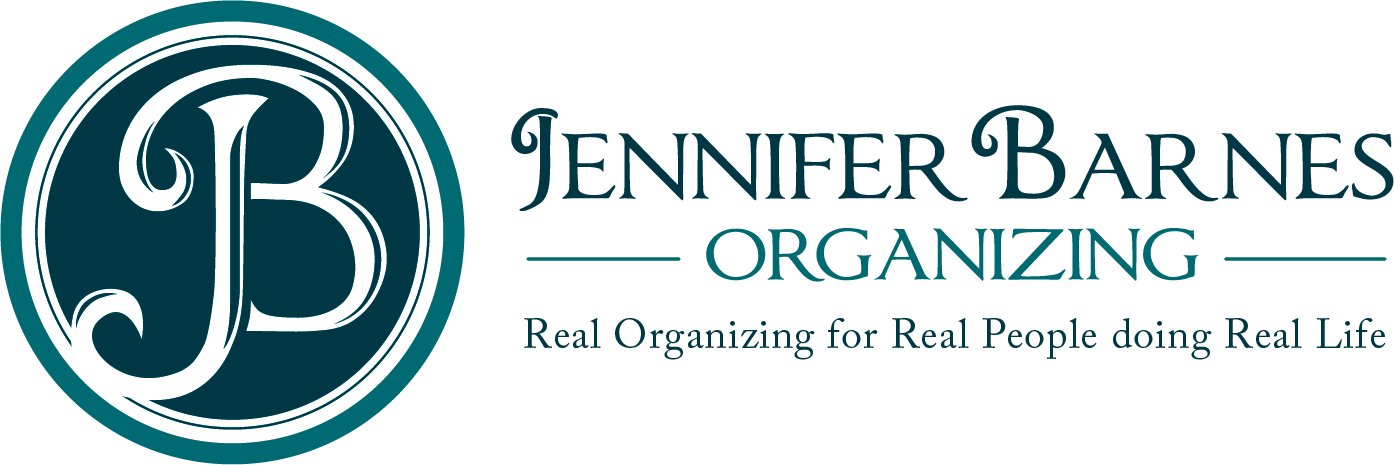- Safety Deposit Box – Most banks have safety deposit boxes for a small annual fee for their customers.
- Fire Safe – You can purchase fire and waterproof safes for your home. They come in a variety of sizes and prices.
- Wallet- Certain important documents need to be kept with you and a good wallet is perfect for carrying these documents.
- Attorney and Financial Advisor – Often your Attorney and Financial Advisor will hold a copy of the important documents that they help draft. i.e. Will, Trust, Investments, Retirement Plans etc.
- Scan them and upload them – Store them in the cloud – Google Docs, Drop Box etc.
- Out of town friend or relative – Give a copy of the documents to a trusted out of town friend or relative.

The following is from ( Disaster-Proofing Your Documents, By Monica Steinisch)
Here is a general list of the kinds of documents and records you will want to keep safe.
- birth certificates, Social Security cards, passports, citizenship papers
- military discharge papers (DD Form 214)
- your personal address book
- your pets’ recent prescription and vaccination records
- a list of usernames and passwords for online accounts
- marriage licenses, divorce decrees, child custody papers, adoption papers
- insurance policies
- proof of ownership for real estate, vehicles, and other major purchases
- photo or video records of furnishings and other property
- appraisals of jewelry, collectibles, antiques, artwork, and other valuables
- receipts for home improvements (necessary to reduce your capital gain when you sell the home)
- contracts (employment, lease or rental, business, and so on)
- estate planning documents (wills, trusts, funeral instructions, powers-of-attorney, and so on)
- employment and government benefits documents
- financial records, including recent federal and state tax returns, stock and bond certificates, investment records, brokerage and retirement account information, and a list of credit and bank account numbers
- business records, including recent tax and payroll returns, and a backup of your accounting software
- backups of important computer files
- fingerprints and dental records for each member of the household, if you have them
- photos, letters, and other personal papers, and
- anything else you would not want to lose.
https://www.nolo.com/legal-encyclopedia/disaster-proofing-documents-29960.html
